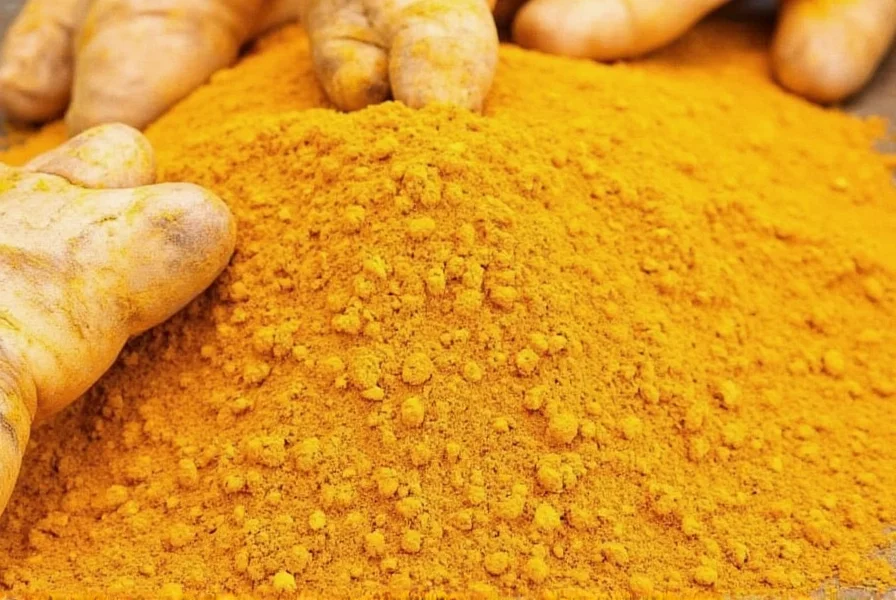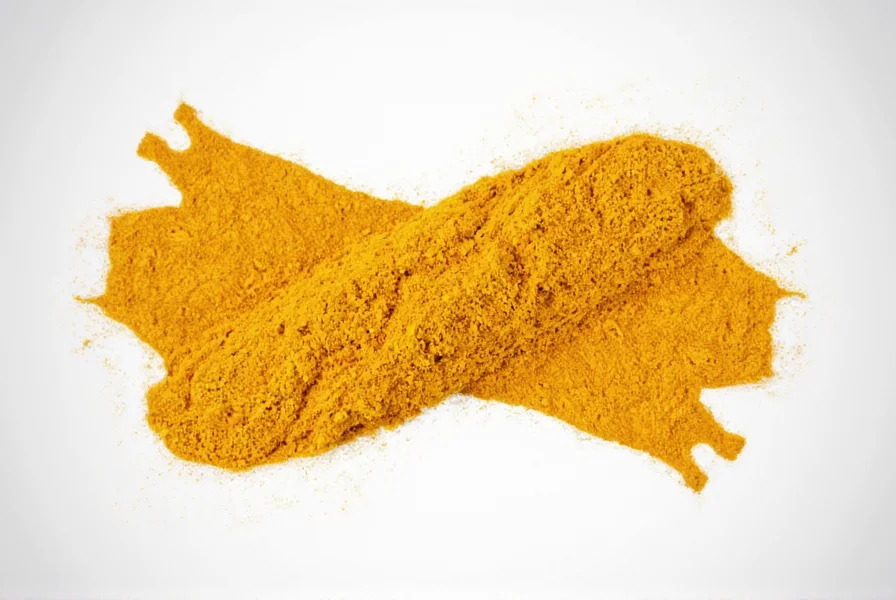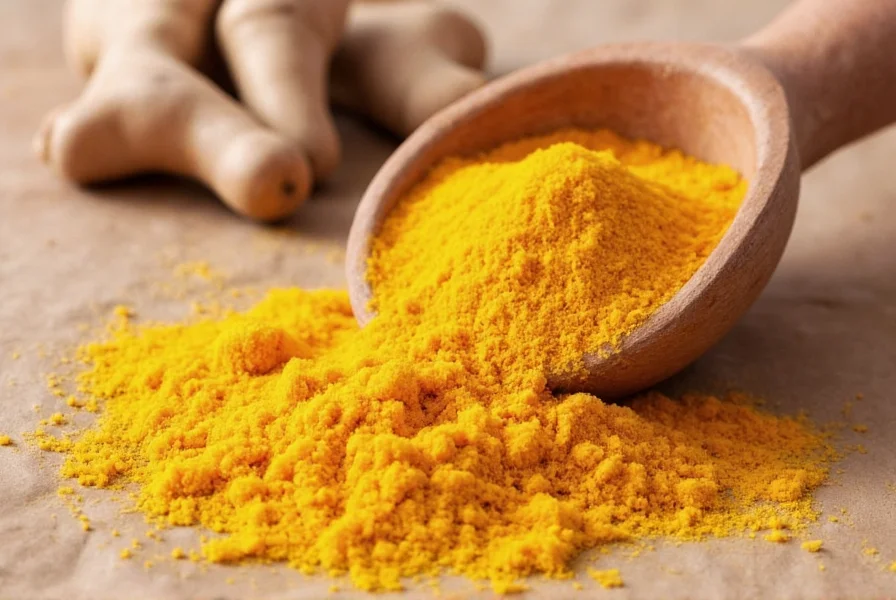Curcumin, the active compound in turmeric, offers impressive health benefits—but understanding how much turmeric is too much is crucial for safe consumption. Many health enthusiasts incorporate this golden spice into their daily routines, yet few realize there's a threshold where benefits turn to risks.
Understanding Turmeric and Its Active Components
Turmeric contains curcuminoids, with curcumin being the most studied compound responsible for its anti-inflammatory and antioxidant properties. While culinary use poses minimal risk, concentrated supplements require careful dosage consideration. The difference between safe turmeric dosage limits and potentially harmful amounts depends on whether you're using the whole spice or extracted compounds.
Established Safe Consumption Guidelines
Research from the European Food Safety Authority (EFSA) and World Health Organization (WHO) provides clear parameters for responsible turmeric use:
| Form of Turmeric | Safe Daily Amount | Maximum Tolerable Amount |
|---|---|---|
| Fresh turmeric root | 1-3 inches grated | Up to 4 inches |
| Powdered turmeric | 1-3 grams (½-1½ tsp) | 8 grams |
| Curcumin supplements | 500-1,000 mg | 2,000 mg |
| Standardized extracts | Based on product label | Follow manufacturer guidelines |
These recommended turmeric intake levels reflect what most healthy adults can consume without adverse effects. The WHO suggests an acceptable daily intake of 0-3 mg of curcumin per kilogram of body weight.

Recognizing Turmeric Overconsumption Symptoms
Exceeding safe turmeric consumption limits can trigger various side effects. Common symptoms of excessive intake include:
- Nausea and gastrointestinal discomfort
- Diarrhea or acid reflux
- Dizziness or headaches
- Skin rash in sensitive individuals
- Increased bleeding risk due to blood-thinning effects
Long-term consumption of extremely high doses (above 8 grams daily) may potentially cause liver issues in susceptible individuals, though research remains limited. Understanding signs of too much turmeric helps prevent complications.
Special Considerations for At-Risk Groups
Certain populations require stricter adherence to maximum turmeric dosage recommendations:
- Pregnant and breastfeeding women should limit intake to culinary amounts only
- Individuals with gallbladder issues may experience worsened symptoms
- People taking blood thinners face increased bleeding risk
- Those with iron deficiency should monitor intake as turmeric may reduce iron absorption
- Pre-surgery patients should discontinue supplements two weeks prior
Always consult your healthcare provider before starting high-dose turmeric supplementation, especially if managing chronic conditions or taking medications. This represents essential medical guidance for turmeric consumption that many overlook.
Practical Tips for Safe Turmeric Use
Maximize benefits while avoiding negative effects of excessive turmeric with these evidence-based strategies:
- Start with small culinary amounts (¼-½ tsp daily) and gradually increase
- Choose supplements with black pepper extract (piperine) to enhance absorption at lower doses
- Take turmeric with food to minimize digestive upset
- Stay hydrated to support metabolism of compounds
- Monitor your body's response and adjust accordingly
- Take periodic breaks from supplementation (e.g., 5 days on, 2 days off)

When More Isn't Better: The Science Behind Turmeric Limits
Research published in Food and Chemical Toxicology indicates that while curcumin demonstrates impressive therapeutic potential, its bioavailability plateaus at certain doses. Consuming beyond optimal turmeric dosage levels provides diminishing returns while increasing side effect risks.
A 2021 review in Nutrients highlighted that doses exceeding 2,000 mg of curcumin daily showed no additional benefits compared to moderate doses but increased gastrointestinal complaints. This demonstrates why understanding how much turmeric is too much matters for both safety and effectiveness.
Conclusion: Finding Your Personal Turmeric Threshold
The ideal turmeric amount varies by individual factors including health status, body weight, and sensitivity. While culinary use rarely causes issues, supplement users must respect established turmeric consumption boundaries. When in doubt, consult a healthcare professional who understands herbal medicine. Remember that consistent moderate intake typically delivers better long-term results than occasional high-dose experimentation.
Frequently Asked Questions
Can I safely consume turmeric every day?
Yes, most adults can safely consume culinary amounts of turmeric (1-3 grams of powder) daily. For supplements, limit to 500-1,000 mg of curcumin daily for extended periods. Long-term high-dose supplementation (above 2,000 mg daily) lacks sufficient safety research and may cause digestive issues or interact with medications.
What happens if I take too much turmeric supplement?
Excessive turmeric supplement intake (typically above 2,000 mg of curcumin) may cause nausea, diarrhea, acid reflux, dizziness, or headaches. In rare cases, extremely high doses could potentially affect liver function or increase bleeding risk, especially for those on blood thinners. If you experience severe symptoms after turmeric consumption, discontinue use and consult a healthcare provider.
How much turmeric is safe during pregnancy?
During pregnancy, limit turmeric to culinary amounts only (up to 1 gram of powder daily). Avoid turmeric supplements entirely unless specifically approved by your obstetrician. High doses may stimulate uterine contractions or affect hormone levels. Always consult your healthcare provider before using any supplements during pregnancy.
Does cooking affect turmeric's safety profile?
Cooking doesn't significantly alter turmeric's safety parameters. The same daily turmeric consumption limits apply whether used raw or cooked. However, heating turmeric with fats and black pepper enhances curcumin absorption, meaning you may achieve benefits with smaller amounts. This doesn't increase the maximum safe dosage but improves effectiveness at lower doses.
How long does it take for excess turmeric to leave your system?
Curcumin typically clears from your system within 24-48 hours after stopping consumption. Most mild side effects from excessive turmeric resolve within this timeframe. For persistent symptoms beyond 48 hours, consult a healthcare provider. Staying hydrated and eating fiber-rich foods may help speed elimination.











 浙公网安备
33010002000092号
浙公网安备
33010002000092号 浙B2-20120091-4
浙B2-20120091-4